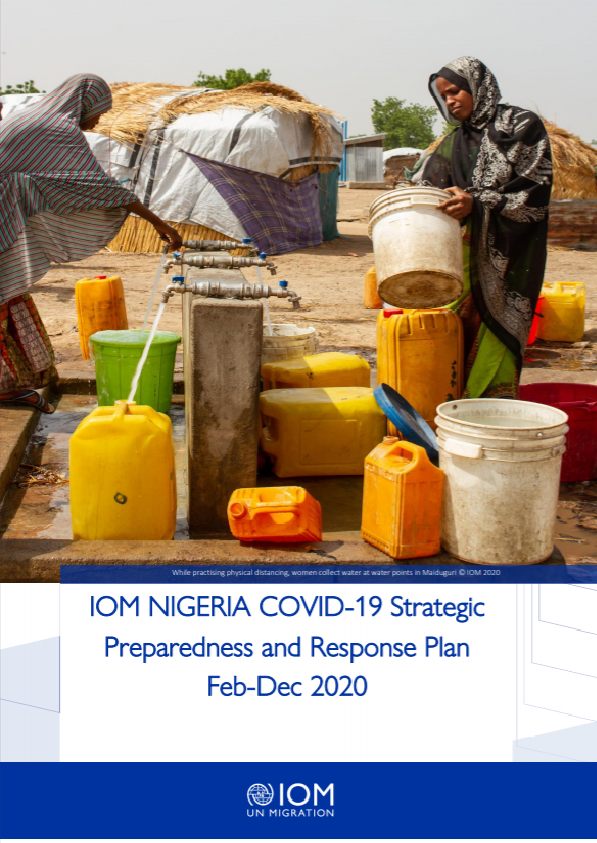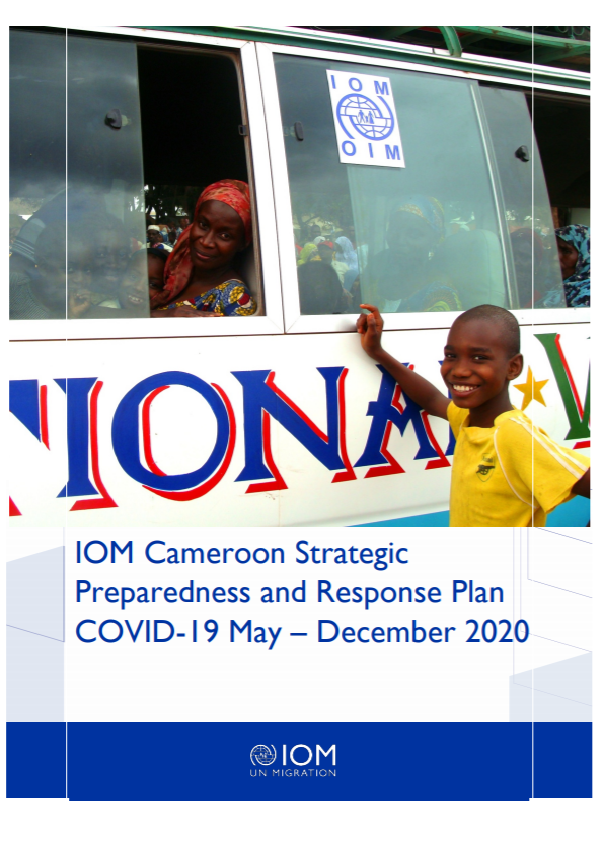Conflict or Natural Disaster: Does it Matter for Migrants?

Both conflicts and natural disasters produce life-threatening situations for citizens and migrants. While violence is at the core of the threat in conflicts,
natural hazards represent the threat in natural disasters. During conflict, citizens and non-citizens alike may be the targets of armed attacks and sexual and gender-based violence, and both groups risk forced recruitment into armed forces. In some cases, migrants may be the specific target of violence, as occurred in Libya in 2011. In natural disasters, both populations may be harmed if there is widespread destruction of habitat and livelihoods. Migrants may be more likely to live in neighbourhoods with poor housing and infrastructure, leaving them particularly vulnerable to the impacts of natural disasters. In both cases, individuals, families, and affected communities have limited capacity to overcome the threats without the help of national governments, civil society, and private sector actors and, where added capacity is needed, the international community. This issue brief examines the differential impacts of conflicts and natural disasters on migrants. It goes on to discuss existing legal and policy frameworks that guide actions on conflicts and natural disasters and explores practical constraints in responding to the needs of migrants in each type of situation. These include failures in governance at the national and local levels, particularly during conflict, which make protection of noncitizens by host countries difficult; weaknesses in early warning and emergency preparedness systems; difficulties in mounting large-scale evacuations when non-citizens are unable to remain in the affected countries; barriers to effective collaboration between the military and humanitarian actors, particularly in conflict situations; and challenges to reintegrate migrants who must return to their home countries because of conflicts or natural disasters.
Country
Worldwide
Region
Worldwide
Year
2016
Topics
Category








